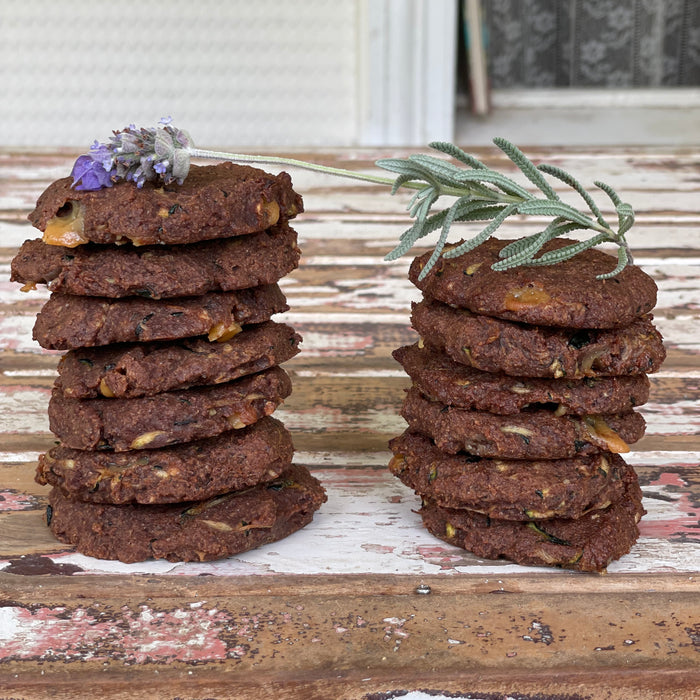At Santos Organics, we love to help our customers make informed and ethical choices. With palm oil, these choices can be difficult where there are no mandatory labelling requirements in Australia and ingredients such as palm oil (and its derivatives) can be found in a huge range of products and under many different names. Palm oil may simply be labelled as “vegetable oil” or “vegetable fat” or, in the form of its derivatives (sodium laureth/lauryl sulphate, palmitate or cetyl alcohol etc.) and found in many packaged products such as bread, biscuits, chocolates, chips, soap and shampoo. Even when a product does clearly state that it contains palm oil, there are further questions to ask about its country of origin and the type of palm oil the product contains - has the palm oil been unsustainably cultivated? Is the palm oil Certified Sustainable or Certified Organic? Palm oil is a type of vegetable oil derived from the palm fruit. Most of the world’s palm oil is currently produced in, and exported from Indonesia and Malaysia, though in most cases, it has not been cultivated sustainably. In order to grow and produce palm oil, huge areas of rainforest are indiscriminately slashed and burned each year to clear the way for wide scale oil palm plantations. During this process, many forest communities are destroyed. Orangutang, plant species and other wildlife are burned, killed or left without homes and food. Because of its unique properties and versatility as both an edible and non-edible oil, palm oil has become a very popular oil for food and cosmetics manufacturers and, more recently, has also been considered for use as a potential biofuel. In an aim to address the negative impacts of palm oil production, the Roundtable on Sustainable Palm Oil (RSPO) was set up in 2004 to establish clear ethical and ecological standards for the sustainable agriculture of the oil palm crop. The RSPO is an industry led, not-for-profit organisation and its members include palm oil growers, processors and manufacturers as well as consumer goods manufacturers as well as banks, investors and environmental and conservation non-government organisations. The goal of RSPO members is to jointly develop legal, technical, ecological and social criteria to rate and ensure the quality of sustainability in the production and supply of palm oil products. For example, when palm oil has been described as Certified Sustainable Palm Oil (CSPO), this means that the palm oil has been grown on a plantation that has been deforested and converted to plantation before 2005, and has since been well managed with good environmental, social and economic standards. However, some environmental organisations have concerns in regards to the RSPO and CSPO certification process. In the past, Santos Organics has employed the precautionary principle and developed a policy to stock products containing only Certified Organic palm oil from South America. However, this has become increasingly difficult to regulate and maintain as many organic products contain certified sustainable or RSPO palm oil. As such, we are now in the process of carrying out an audit of our products containing sustainable palm oil and further investigating their sources.
Related Articles:
Our Ethics Policy will then be updated to incorporate this further research. If you’d like to see a copy of our current Ethics Policy, please get in touch.






